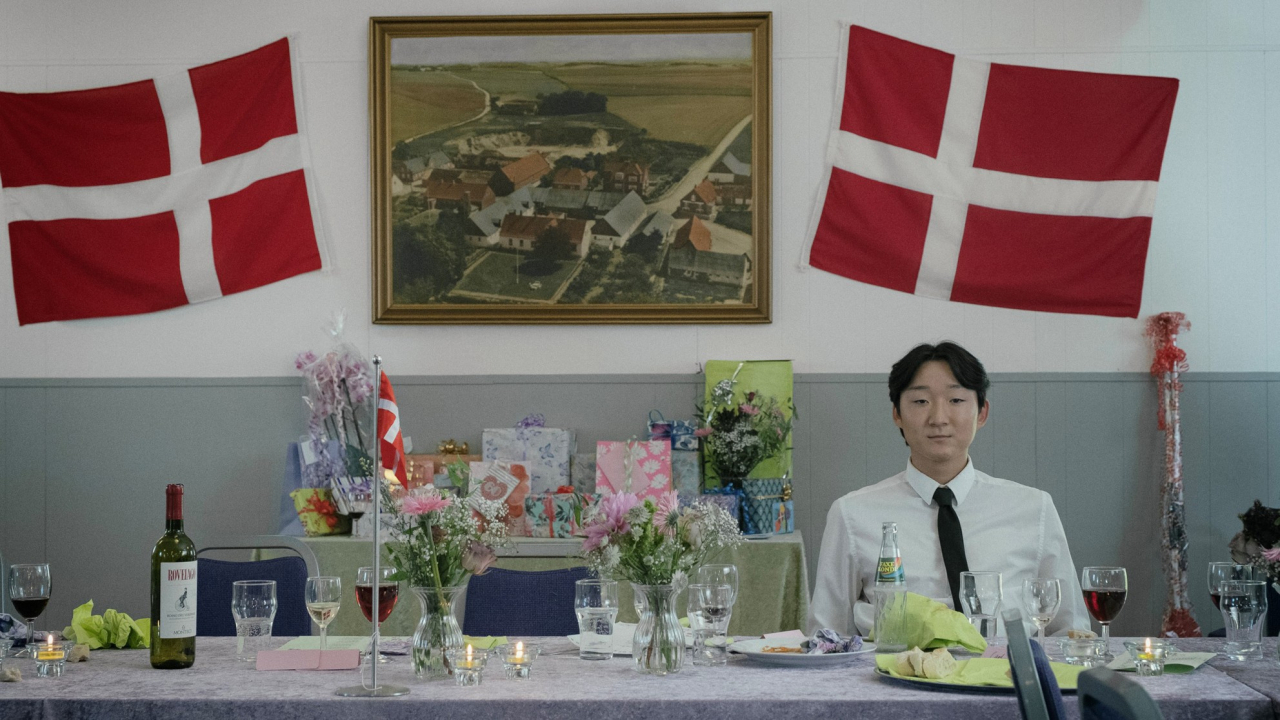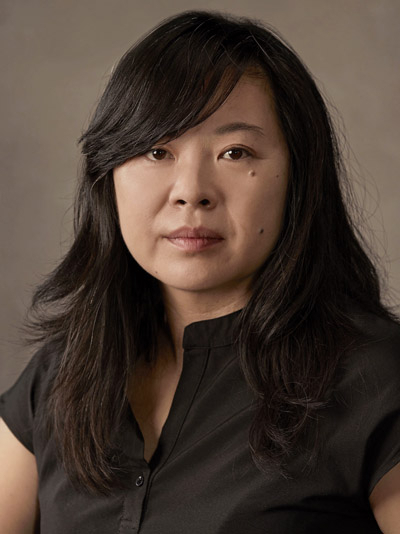[Herald Interview] Malene Choi’s ‘The Quiet Migration’ looks into adoptee’s process of individuation
By Kim Da-solPublished : May 1, 2023 - 16:42

Malene Choi’s “The Quiet Migration,” which is running in the international competition section at this year's Jeonju International Film Festival, along with nine other films, is the 49-year-old filmmaker’s sequel to her 2018 film “The Return.”
A Danish Korean herself, Malene went to Denmark in 1974. In “The Quiet Migration,” Choi presents the story of a 19-year-old boy, Carl, who lives a quiet life in the Danish countryside with his adoptive parents.
According to Choi, her stories look into the life of an adoptee and the process of individuation. She is currently working on the final project of this trilogy, which will talk about Carl's settlement in Korea and life with his biological parents.
“The big message (encompassing the films) is to shed light on the lives of adoptees. We have been little recognized and unheard as a minority, both within Danish and Korean societies. I wanted to show the process of knowing yourself and show those inside feelings, something you wouldn’t know when you read an article about an adoptee,” Choi said in an exclusive interview with The Korea Herald, held in Jeonju, North Jeolla Province, on Monday.

In “The Quiet Migration,” Carl's Danish parents ask him to take over the family farm, but as an adopted child from South Korea, Carl carries a secret longing to explore his roots and find his own place in life.
“I was 6-months-old when I arrived in Denmark. I had no recollection of Korea. So it’s difficult to tell what my longing was, back then. Also, my Danish family would never talk about my biological mother as they were told by the Danish agency that they shouldn’t tell me about my past because that would make me sad,” Choi said.
“I think all of Carl’s feelings are from myself to a certain extent. When I was younger, I had this moment of feeling alienated ... when people suddenly say something to you on the street. If you hear a racist comment, suddenly you can feel quite alone. I wished I had more Korean people living in Denmark, then having that kind of experience (together) may have helped me,” she recalled.
Choi won the Special Jury Prize at the 19th Jeonju IFF with "The Return" (2018), a documentary following a visit to Seoul by two Koreans who were adopted by Danish families. Her latest work, “The Quiet Migration,” was announced as winner in the Fipresci Panorama section at the Berlinale late last year.
She said her stories appeal to audiences around the globe for their uniqueness, reflecting directly about an adoptee’s longing for origin and how he abandons both in the end.
“I think it’s because my film is about a story that not many people have heard of. Now we (adoptees) are grown up and we can talk about it, our experience on adoption,” she said, adding that she was inspired by Korean directors like Lee Chang-dong and Kim Ki-deok.
“I like how (the) films (of Lee Chang-dong and Kim Ki-deok) are difficult to understand but I like watching such films because it makes people (want) to watch them again and again and dig into it, like a mystery,” she said.
Despite the difficulties in getting funding and recognition in Denmark for telling an adoptee’s story, Choi said it is her energy and gut feeling that keep her going forward.
“I wonder, myself, if there is a force inside me, energy that really drives me. I think my films are my way of (doing) activism -- (it is a) little angry as well. We all have difficult emotions and suddenly those emotions pour into or towards something. I like to play with the story through the lens ... The process is fun to do,” Choi said.







![[Weekender] How DDP emerged as an icon of Seoul](http://res.heraldm.com/phpwas/restmb_idxmake.php?idx=644&simg=/content/image/2024/04/25/20240425050915_0.jpg&u=)



![[KH Explains] No more 'Michael' at Kakao Games](http://res.heraldm.com/phpwas/restmb_idxmake.php?idx=644&simg=/content/image/2024/04/28/20240428050183_0.jpg&u=20240428180321)







![[Herald Interview] Mistakes turn into blessings in street performance, director says](http://res.heraldm.com/phpwas/restmb_idxmake.php?idx=652&simg=/content/image/2024/04/28/20240428050150_0.jpg&u=20240428174656)
